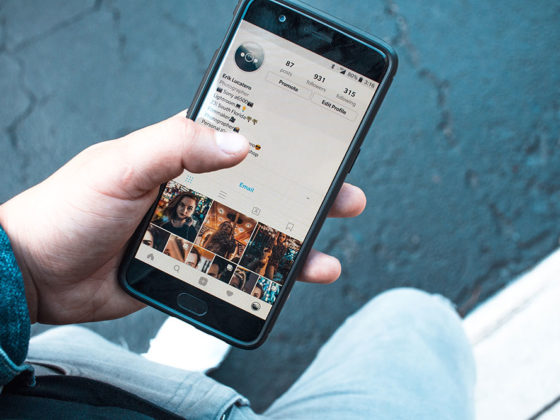5 tips for finding effectiveness in daily conversations to make life simpler, for both – the client and yourself.
Undoubtedly, WhatsApp has changed lives. An early breakout in the app startup scene, the application has now evolved into one of the most used apps in the world – with an estimated 450 million daily active users as of 2018. This number is growing by the day. By eliminating barriers to communication with text, audio & video calls; coupled with their enterprise and business offerings, WhatsApp is no more a just an instant messaging app meant for conversations with friends & family.
By bringing the world closer, the app has managed to bring make professional communication easier too. With a user base of 400 million in India, it can be estimated that a large portion of work-related conversations
“A large portion of work-related conversations have now moved from the time-consuming email culture to addressing conversations directly on WhatsApp.”
However, these issues can be easily be worked around. A mixture of messaging ethics & process implementation with regards to communication can ensure both parties – clients and service providers are making the most out of the application:

- Use The Group Description to Set Ground Rules:
Originally meant for personal conversations, WhatsApp offers the freedom (as well as the temptation) to strayoff topic . Whilst emojis, memes & gifs can assist in building rapport with the client/agency, they also help distract from important conversations and topics being addressed on the platform. Here’s where the group description helps in drawing a line. A brief & precisely written description sets clear agendas and discussion points that ultimately help carve out a definite purpose to conversations. - Respect Privacy
Whilst emails can be responded to immediately via access on phones, global culture dictates replyingto late emails only during working hours. However, on WhatsApp, leaving a client or boss onread for too long can be an intimidating affair, thus an increased expectation to reply to every message that comes your way, regardless of the day and time. This can drastically affect a person’swork life balance. One has to remember – WhatsApp is still very much a tool of personal communication, constantly being bombarded with work messages can blur these lines. Sticking towork related hours (and days) will ensure the tool is used beneficially for all parties involved. - Limit Chats to Matter of Attention
Another filter to optimally use the platform is to only use it for urgent & important discussions that cannot wait for the course of a regular email conversation orin person meeting. Using it for basic communication that may not need immediate attention may lead to confusion regarding priorities and processes pertaining to the more important tasks. If a conversation can wait a day, it should be sent across using the right channel. However, if something requiring immediate urgency does come your way, WhatsApp can help bridge the cap and deliver immediate results. This practice ensures that all parties involved are aware of the importance of the text and give it immediate attention if need be. - Take Permission Before Adding People
Often, a client or an agency representative may not be comfortable or have the need to be added to a particular group. For eg; your manager need not be present on an internal group where his inputs are not involved. Thus, giving a heads up to the concerned person before adding them to any group will help avoid blindsiding them as well as keep the group structure relevant and lean thereby enabling more positive conversations and faster decision making. - Appreciate in Public, Complain in Private
More often than not, raising grievances in a public forum can negatively impact the person involved. The convenience WhatsApp brings to the table also enables people to casually pass a complaint or issue that may be misconstrued by others on the group chat. The age-old formula of appraising in public, and complaining in private can work wonders here. Whilst a positive reinforcement or a ‘good job’ on the platform can really make someone’s day, the opposite can cause more harm as compared to being understood as positive criticism.

To summarize, the platform works wonderfully if used judiciously keeping in mind the time, privacy, availability and headspace of all parties involved. Ultimately, WhatsApp is a tool for personal communication and in an ideal scenario work related conversations here should be kept precise, limited and only in effect when absolutely necessary.








